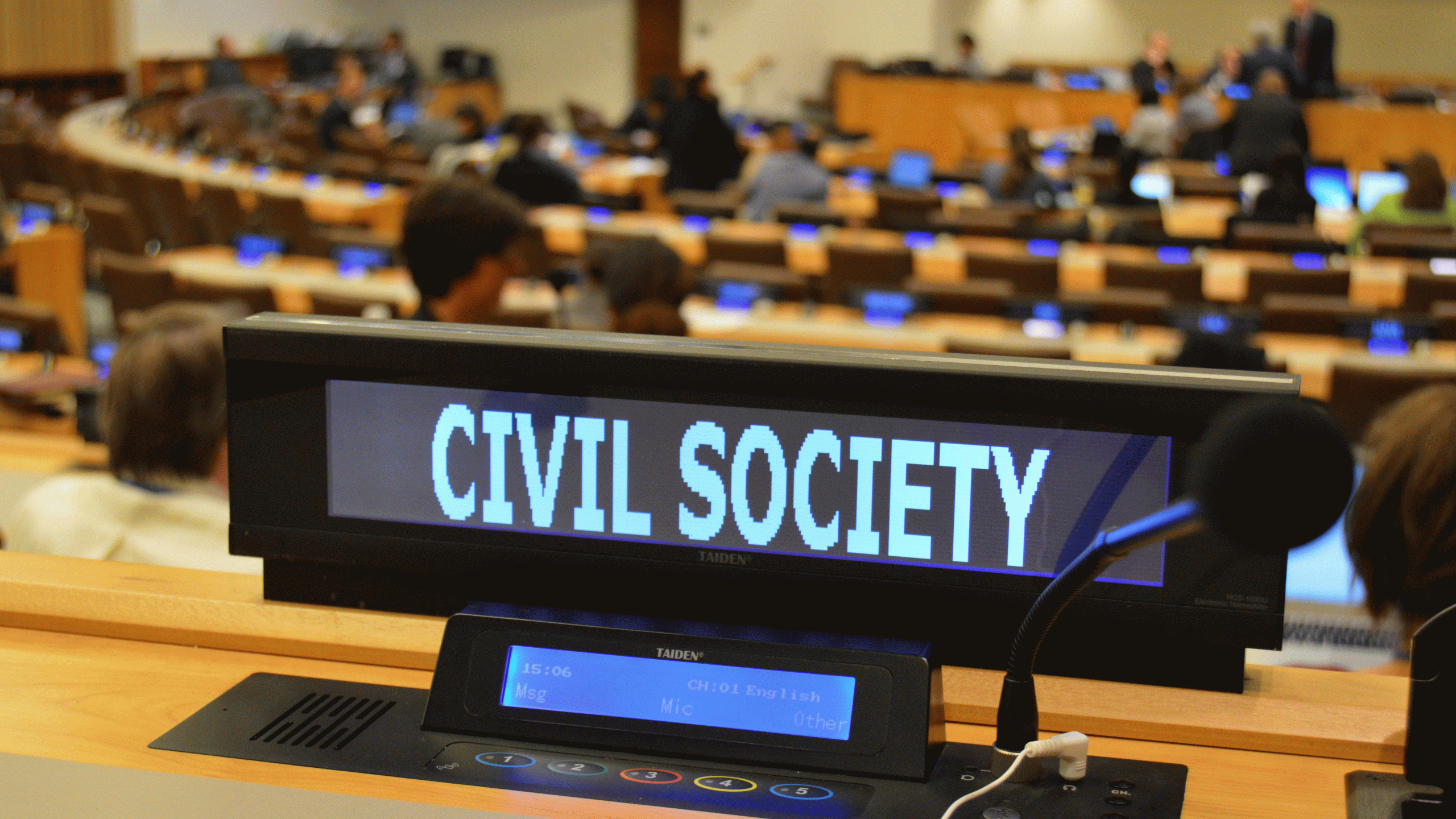© Photo: ISHR

NGO Committee: Attempted vote to grant 5 NGOs consultative status defeated at the 2022 Regular Session
The ECOSOC Committee on NGOs has adopted its report bringing the first session of 2022 to a close. The session saw heated exchanges around a vote to accredit 5 deferred NGOs a well as serious consequences of under-resourcing of the NGO Branch.
After being rescheduled at the beginning of the year due to COVID-19 pandemic measures restricting onsite meetings at the UN Headquarters, the regular session 2022 of the Committee took place between 17 and 26 May. Of the 586 applications for consultative status that were considered during this session for consultative status with ECOSOC, 204 were recommended for status and 354 were deferred to the resumed session, a decrease from the previous session, in which 651 new applications had been taken in consideration, 264 were approved and 320 deferred.
During the session, the adverse impact of under-resourcing of the NGO Committee became evident as two sessions were canceled due to staff being unable to send questions and receive responses in time – depriving applicant NGOs time to respond adequately and be reconsidered by the Committee prior to the resumed session.
The delegations of Estonia and the United States expressed their view over this delay in transmitting questions posed by states through the digital platform to NGOs by emphasising the importance of having technology working properly and urging the Committee to try finding other solutions in the meantime to transmit questions to the applicant NGOs so that they can respond and their responses considered. Estonia also requested the Chief of the NGO Branch to provide an update on the situation based on their observation of long delays in transmitting questions to NGOs.
In his response, Wook-Jin Chang, Chief of the NGO branch (UN DESA), explained that the Branch could not keep the pace with the high pace of this session due to the time-consuming and outdated procedures and serious understaffing of the Branch. He also expressed that the new streamlined technological system being developed would address the current problems adding that the system was likely to be ready by the end of the year. At the outset of the session, Marion Barthelemy, Director of OISC (UN DESA), had also stated that ‘the resources of the branch have been stretched to the limit’ and reinforced that ‘the situation has really become unmanageable’ with consequences on the number of applications the Committee is able to process and the amount of pressure the staff is subjected to.
The long-standing politicisation of the committee continued to remain one of its biggest challenges as mentioned in statements by Member States and Observer States during the session. A majority of the organisations being subjected to disproportionate scrutiny are human rights organisations. After the consideration of deferred applications, the United States voiced alarm over the Committee’s repetitive questioning of a number of non-governmental organisations and misuse of the criteria set on ECOSOC resolution 1996/31. They therefore proposed a vote on the applications put forward by five organisations, whose applications had been previously deferred by the Committee. Israel and Estonia backed the request. India, Cuba, Pakistan, China, Nicaragua, Bahrain and the Russian Federation objected to the motion raised by the United States, stating that they need more time to prepare for a vote on those organisations.
As the allotted time for the last meeting ended with no signs of resolution on the request for a vote, the request for the vote was reopened by the US on the final meeting assigned to the adoption of the report. In response, Russia proposed a motion to adjourn the debate – a no-action motion. Committee members approved the motion to adjourn by a vote of nine in favour (Bahrain, Burundi, China, Cuba, India, Nicaragua, Pakistan, Russian Federation, Sudan) to six against (Brazil, Estonia, Israel, Greece, Mexico, United States) with one abstention (Turkey).
ISHR’s officer on civil society access and participation Maithili Pai welcomed the attempt by Member States to take concrete action on NGOs facing long-term deferrals but condemned the outcome of the no-action vote “Given that over 300 NGOs are facing arbitrary long-term deferrals, a no-action motion by States tasked with furthering NGO participation at the UN is alarming.” Emphasising on the need for holistic reforms of the Committee, she added: “The outcome of the vote is a reminder of the importance of membership in fulfiling important institutional mandates – in this case that members are truly committed to improving NGO participation at the UN.”
